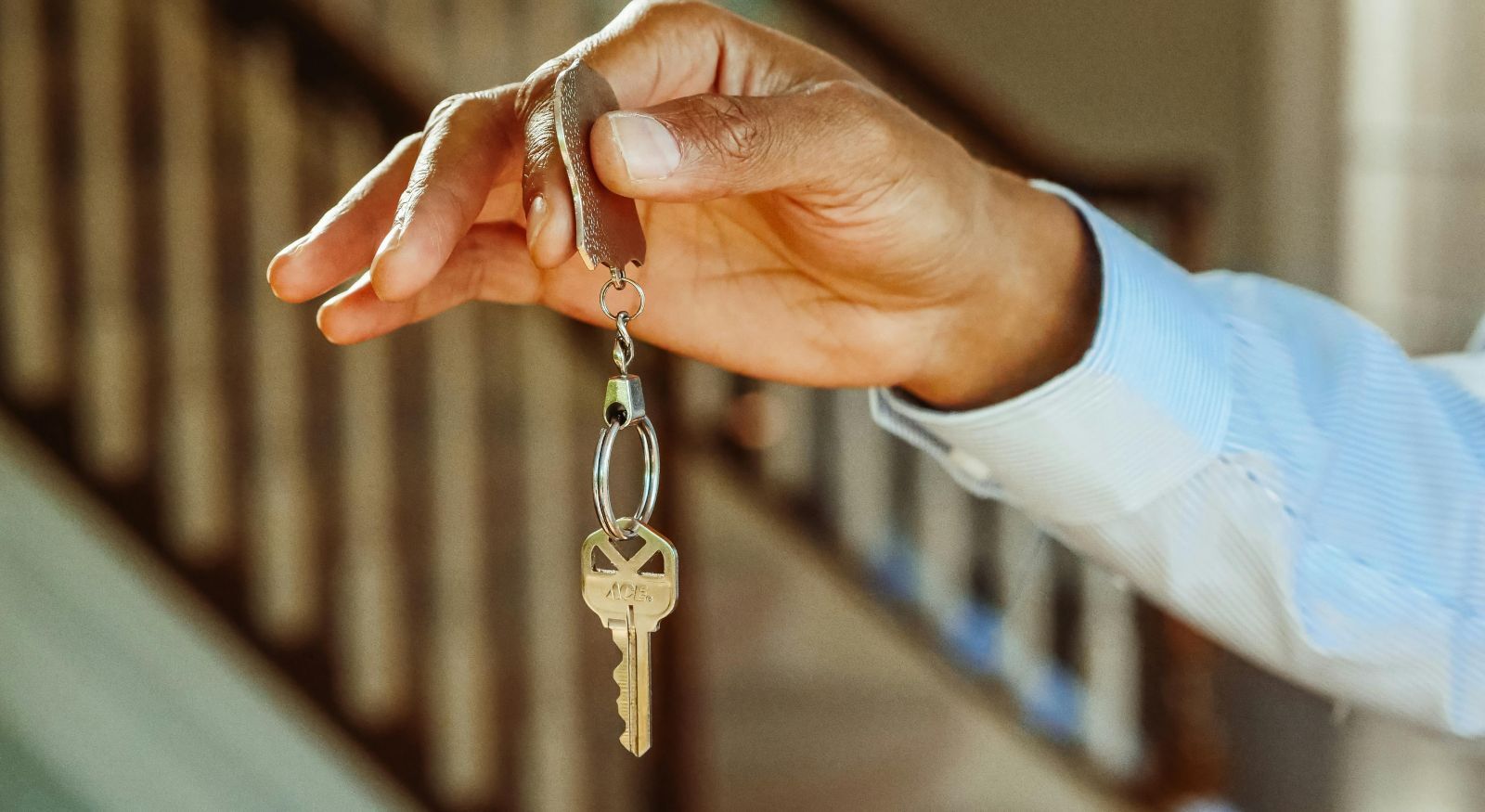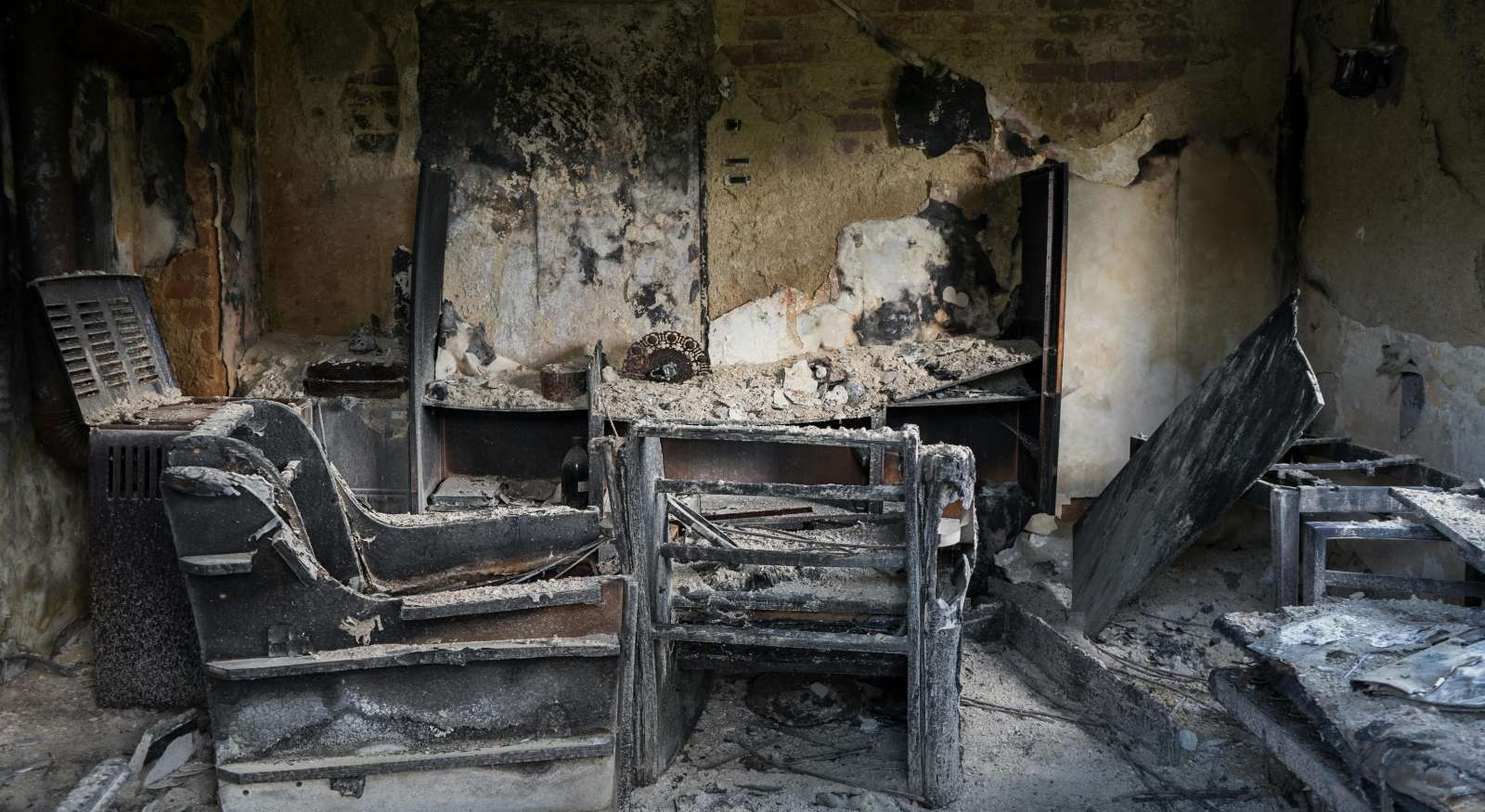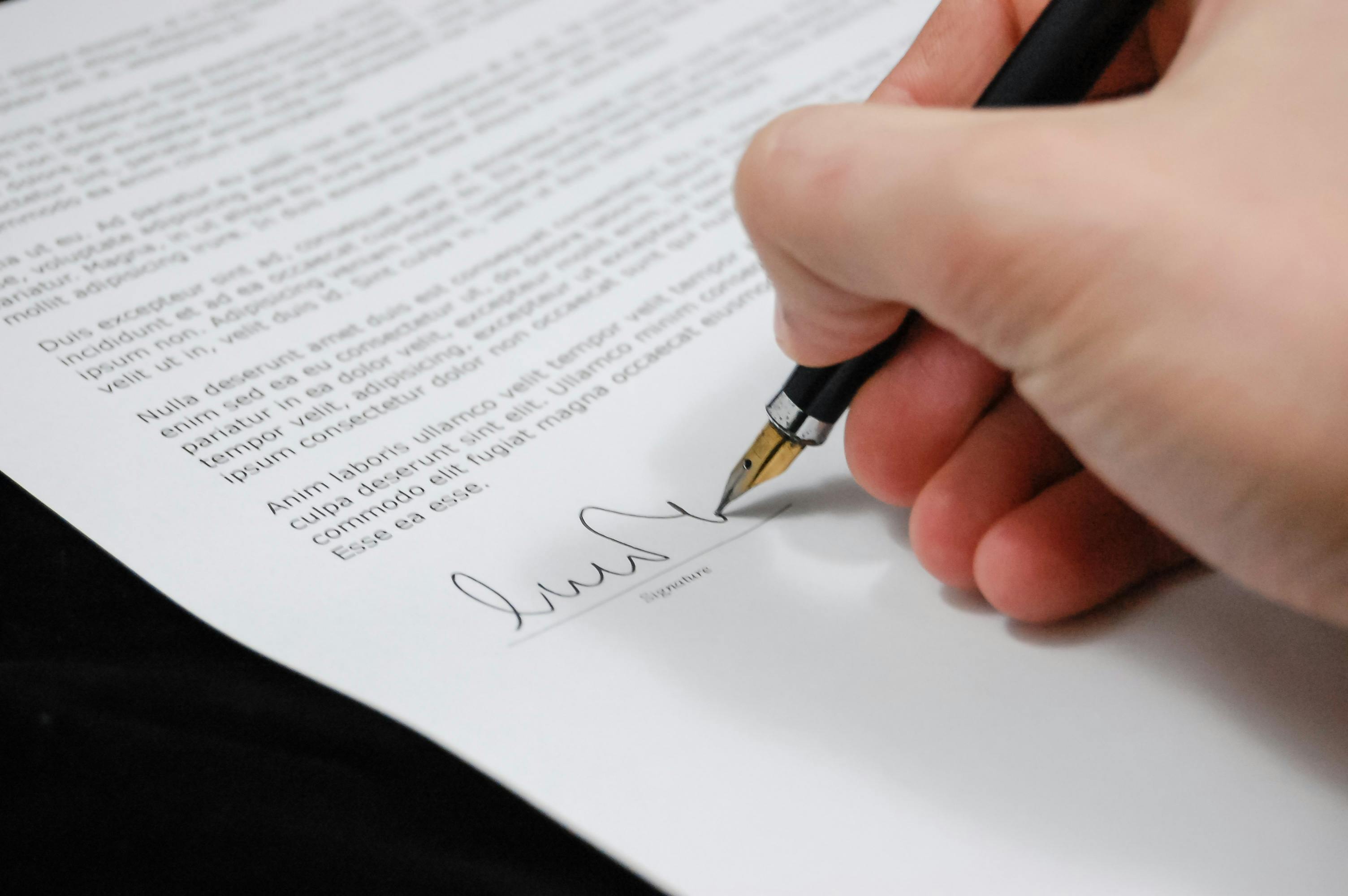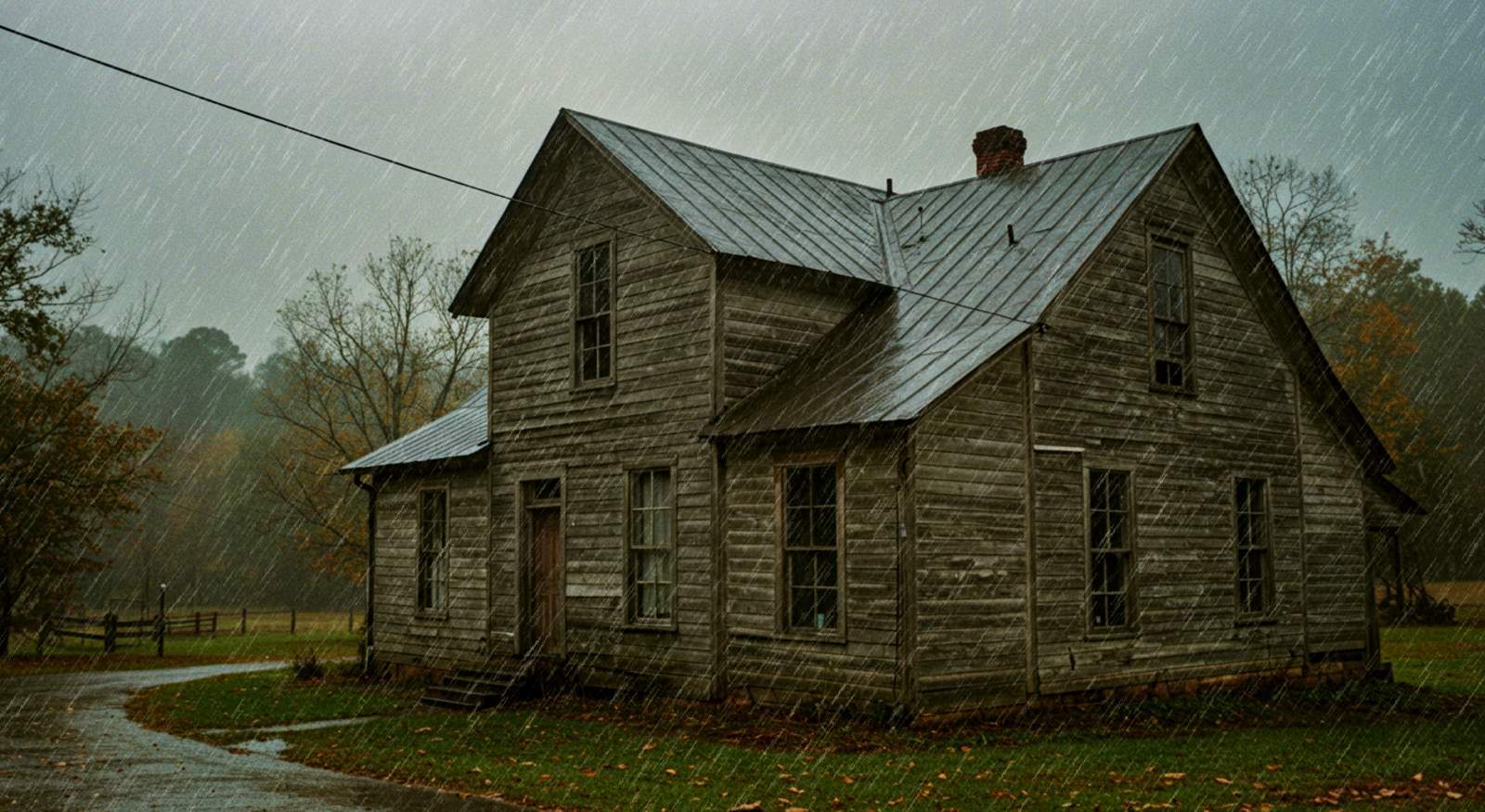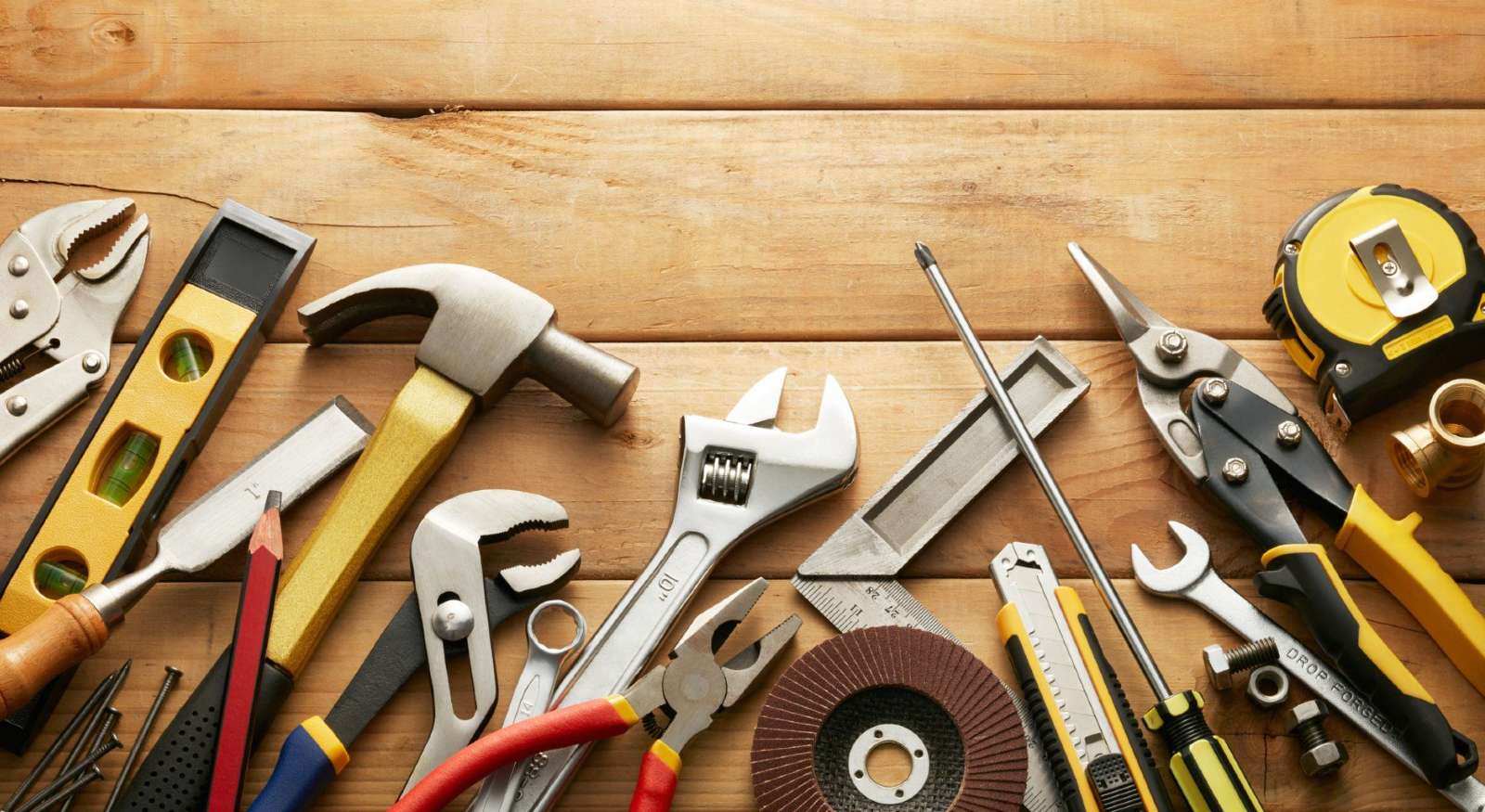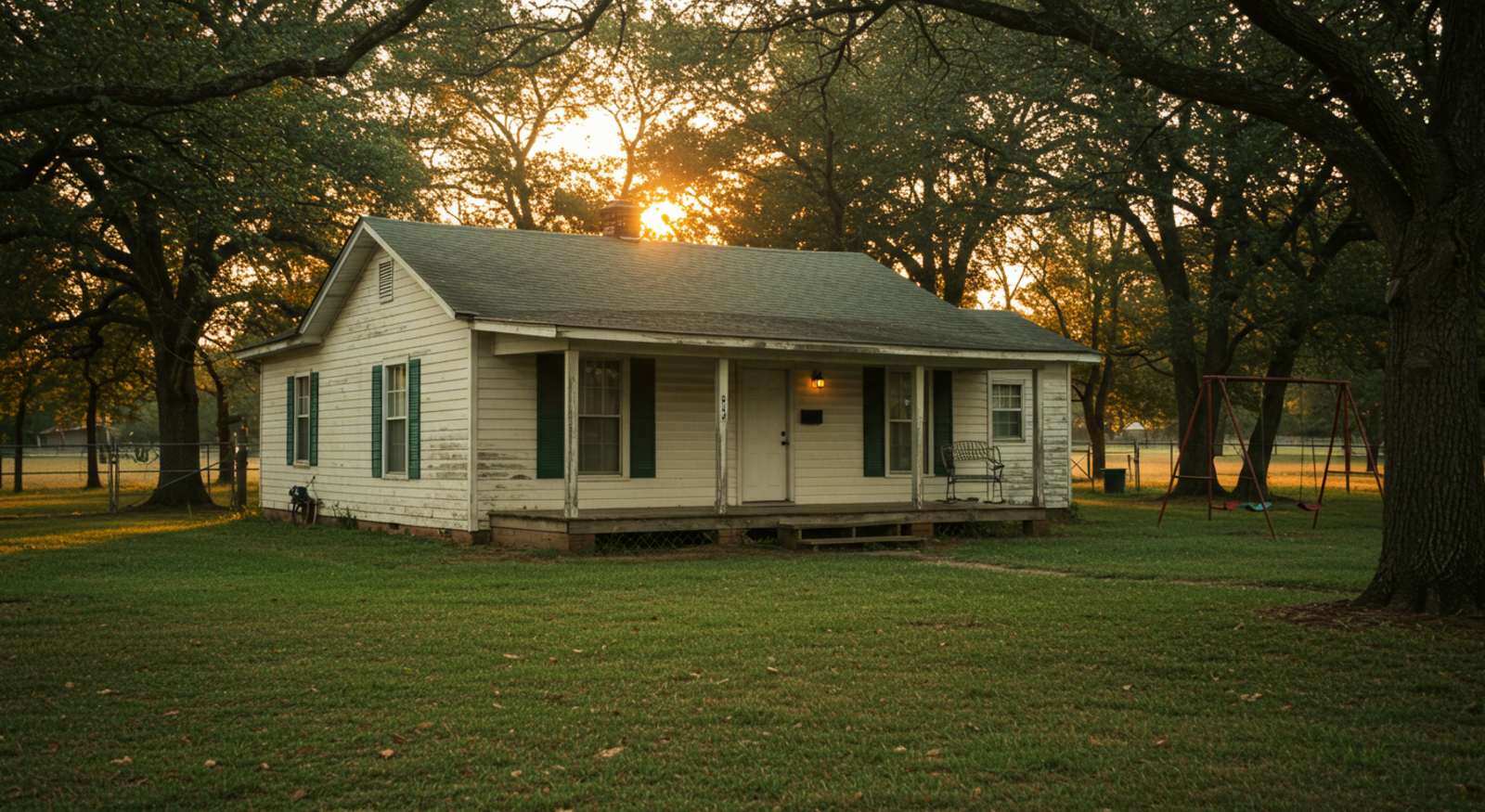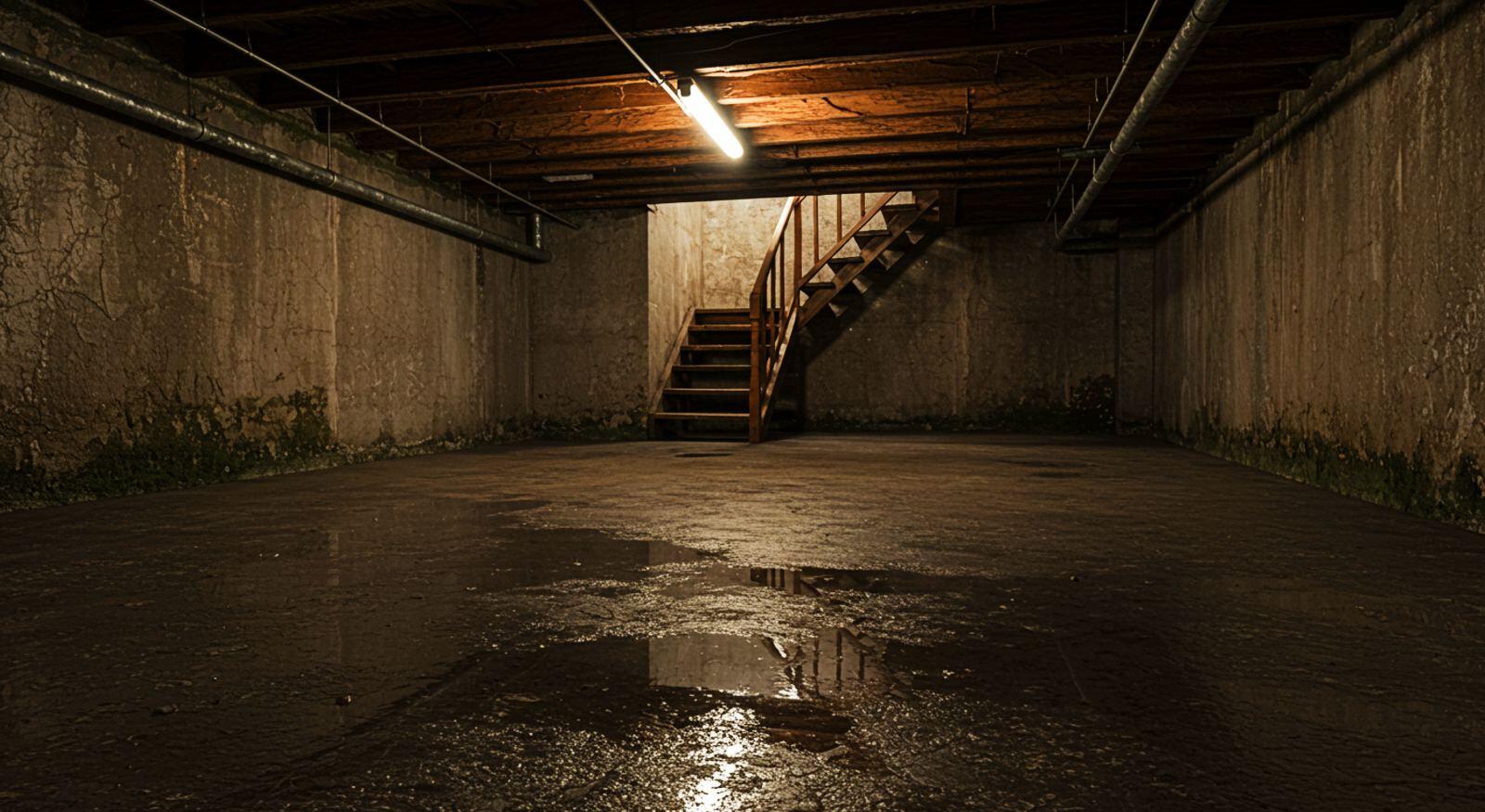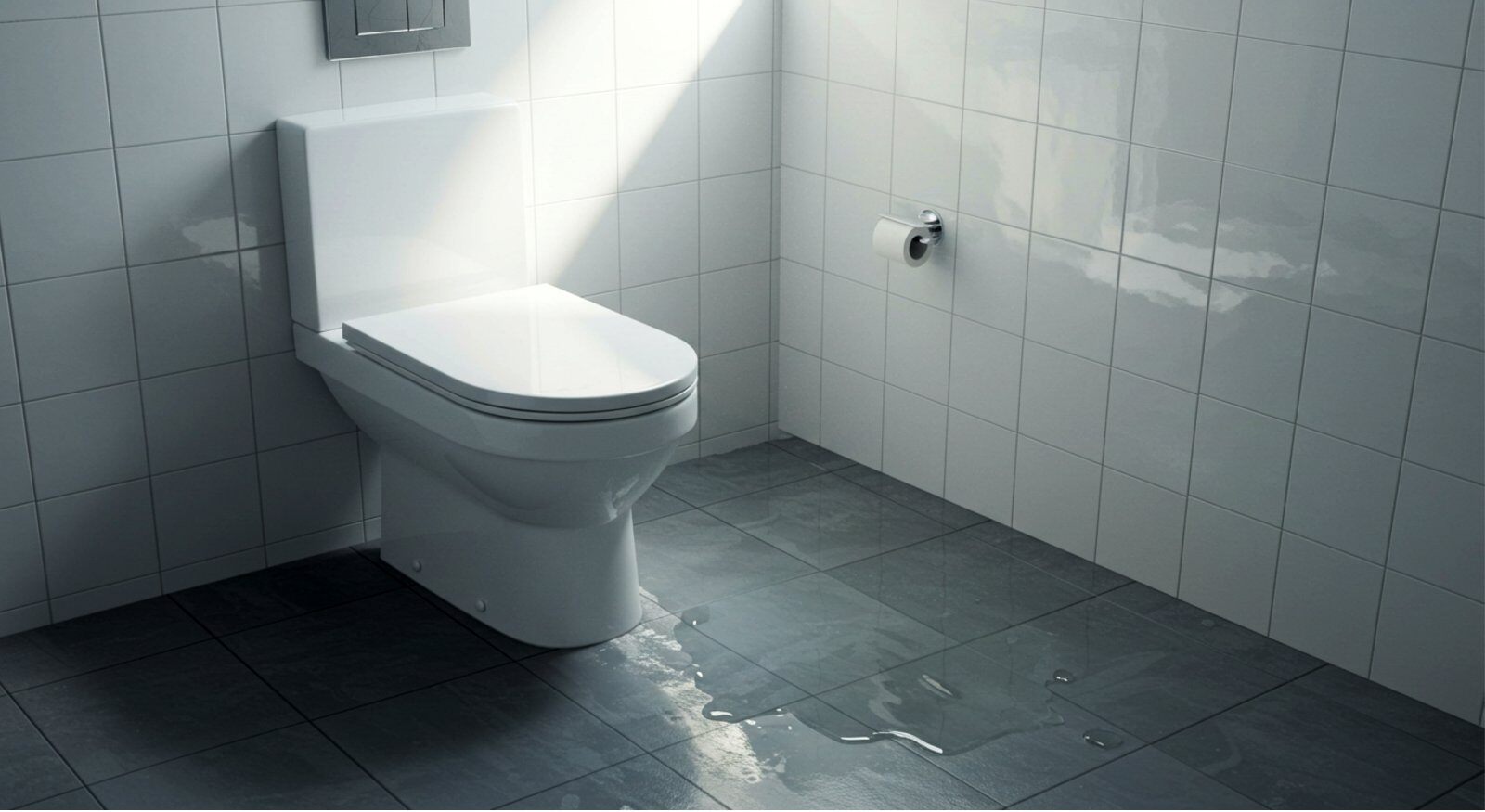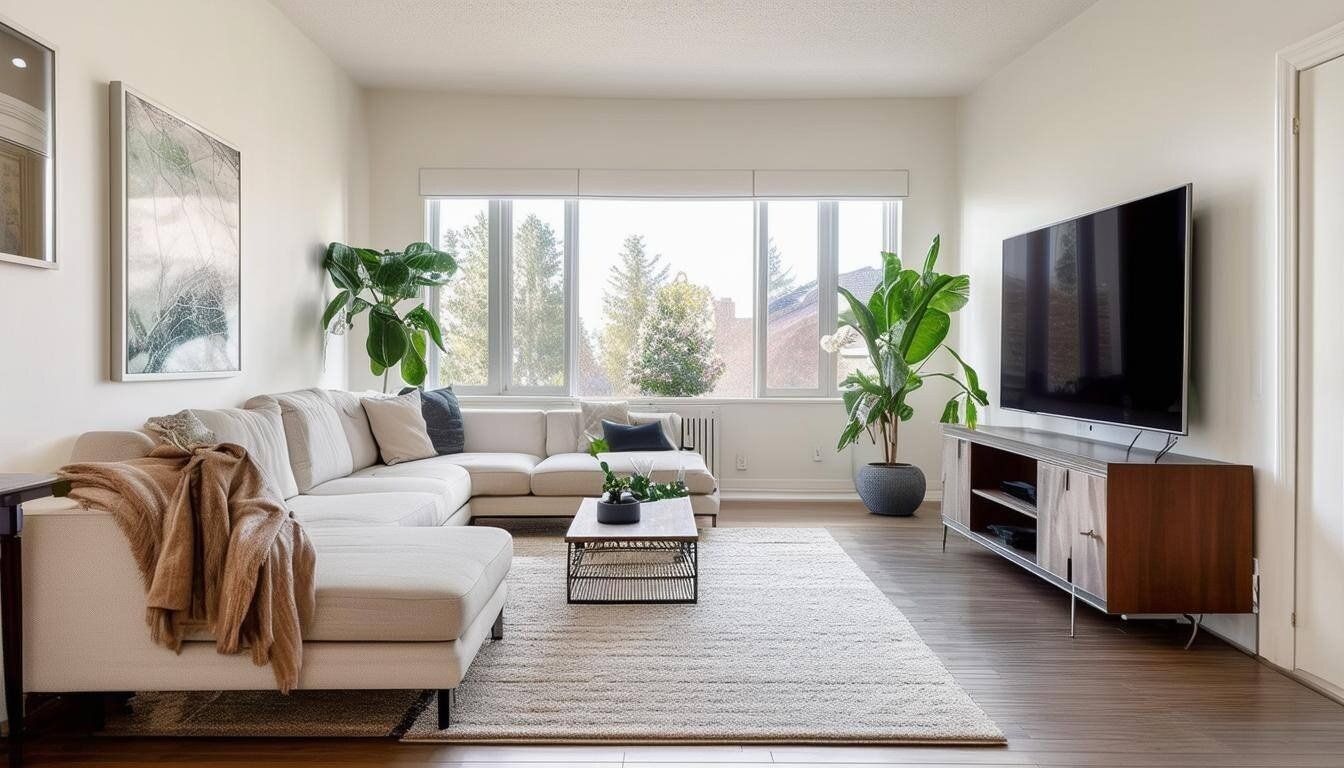Water damage: How to prevent leaks for your next vacation
August 30th, 2024
4 min read
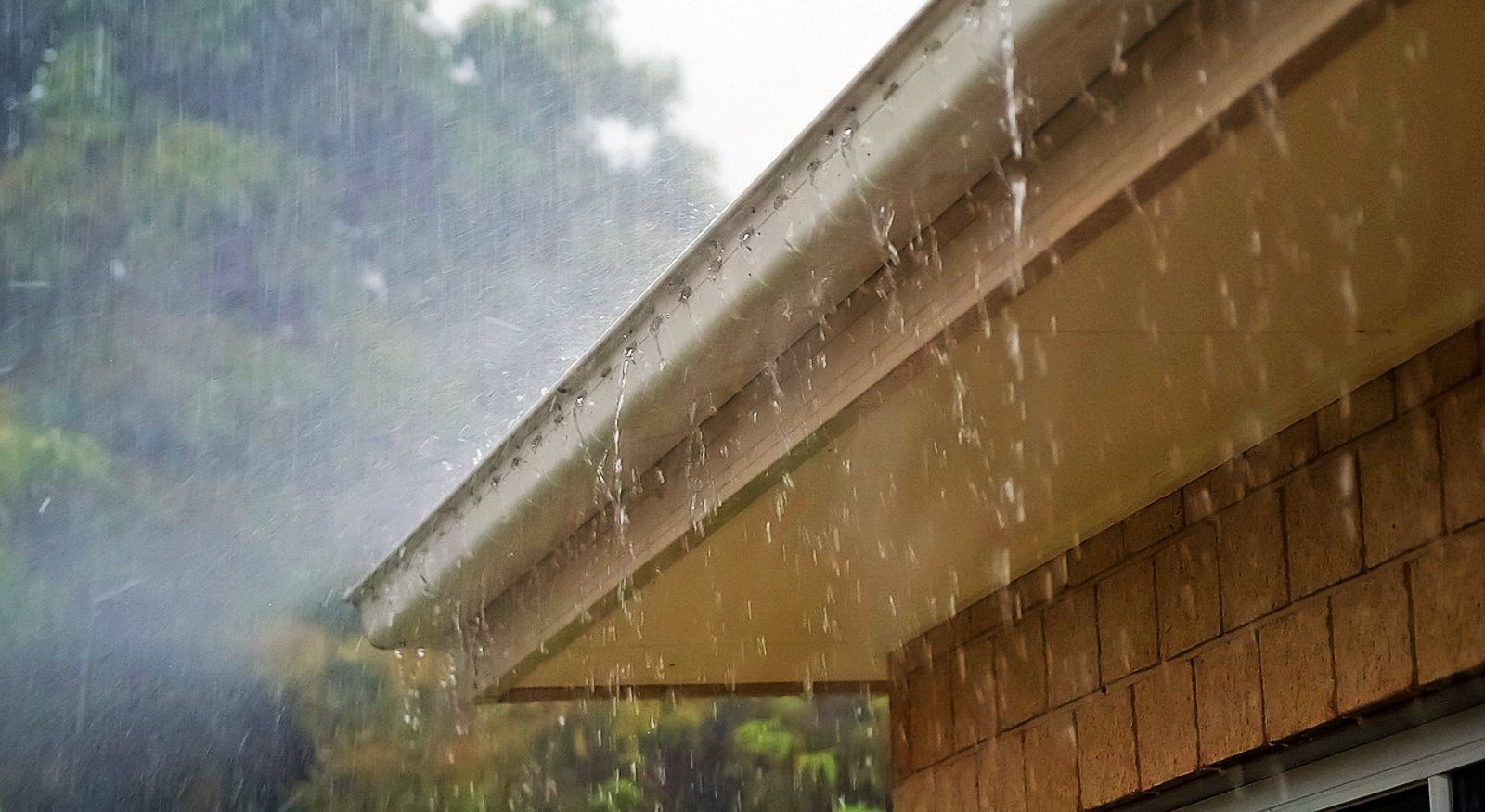
With a holiday around the corner, you plan the perfect little mini-vacation with your family. But there is one little problem: you are afraid of leaving town only to return to a flood in the middle of the living room. And this is no minor worry: depending on the case, your insurance company may deny you coverage.
With over 50 years of combined experience in the water damage restoration business, we have seen many cases where leaking occurred while the homeowners were away. As a certified firm by the IICRC, we know not only how to handle water damage but also how to prevent it.
To help you avoid this scenario, we have compiled the best tips for protecting your home so that you can enjoy a stress-free holiday with your family.
8 easy steps to prevent water damage from leaks
Whether going on a family holiday trip or visiting relatives outside of town, leaving your house unprotected can become a disaster if you don't take the needed precautions. To avoid returning to a flooded home, here are some steps you can take:
Step 1: Locate your home's water main shut-off valve
Every home has a main water shut-off valve installed. You can locate yours by looking for the water meter on your property and then drawing a straight line toward your home to find the main water shut-off valve. This valve is usually inside the house in cold climates, but it is generally located outside in warmer places, like in South Arkansas. You will recognize it because it has either a wheel handle or a lever.

Lever handle on the left. Wheel handle on the right.
You can turn it off by turning the wheel handle clockwise or turning the lever until it is no longer parallel to the pipe.
Step 2: Drain the pipes
To fully drain the plumbing, you should:
- Open all the faucets and flush the toilets throughout your home.
- Turn off and drain your water heater to prevent tank leaks.
- Once no more water is left, turn all the faucets off to prevent overflows when you activate the valve upon returning.
Step 3: Check and unplug your appliances
Turn off the dishwasher, washing machine, and ice maker. Additionally, make sure that every hose is securely connected. This action is like hitting two targets with one arrow because it will prevent potential leaks and fires due to malfunctions or unexpected electrical surges.
Step 4: Check your sump pump
If you live in areas prone to flooding, chances are you have a sump pump. Before you leave town, check that it's functioning correctly. To do so, first locate your sump pump and make sure it's connected. Then, take a look inside the pit. Make sure there is no debris in the pit. Once you are done with that, fill it with water to test it. Contact a certified plumber if you still have problems with the sump pump.
Step 5: Check your roof, gutters, and downspouts
Regularly inspect your gutters and downspouts and clear away any debris to prevent water from pooling and causing leaks. Additionally, examine your roof for any damaged or loose shingles that could let water seep into your home during heavy rains.
Step 6: Secure your windows and doors
Check the caulking and weatherstripping on your windows and doors to prevent water from entering your home. Look for gaps or cracks and seal them. Now may also be an excellent time to upgrade old windows and damaged doors.
Step 7: Disconnect hoses and turn off faucets
Disconnect all the hoses from outdoor faucets and make sure all the faucets are tightly closed to prevent outdoor leaks from becoming a headache.
Step 8: Ask a friend or neighbor to check in
While the above steps depend on you, nobody says you cannot rely on others for help. Tell a friend or a neighbor to check on your home occasionally. Ask them to look for leaks or any other issues if they can. Remember to leave your contact information so you can stay in touch should anything happen.
Additional actions to prevent water damage
The steps mentioned above are great to prevent leaks in your home while you are away. However, there are some other options you may want to consider to protect your home further in the long term. Let's check them out:
Install water leak detectors to prevent water damage
Technology has certainly come a long way. These days, you can use water alarms in areas prone to leaking, like basements, water heaters, and under sinks, to alert you via an app in case moisture is detected. Some smart models can even shut off the water automatically if a leak is detected before it causes significant damage. Some of them can even provide temperature and humidity readings.
Look into installing a home security system
For enhanced home protection, consider investing in a home security system. The cheapest, most basic systems include indoor and outdoor cameras and motion sensors so you can check on your house whenever you are out. But the most complex (and expensive) ones include smoke and carbon monoxide detectors, water and freeze sensors, and many other devices to monitor your home thoroughly.
For the best bang for your buck, SimpliSafe is recommended on many specialized sites. If you are looking for the most popular DIY system out there, you can look into the Ring Alarm. And if you are looking into a professional smart security system, you cannot go wrong with Comcast Xfinity Home.
Inspect your HVAC regularly
Maintenance is the key to ensuring your HVAC system is functioning correctly. If it is not functioning correctly, it can produce excessive condensation, leading to water leaks. Make sure to get your HVAC system serviced at least once a year or, ideally, twice a year. You should contact a certified technician to help you with this. For plumbing, heating, and air conditioning services in El Dorado, we strongly recommend Glenn Mechanical.
Storm-proof your home
Investing in shutters and impact-resistant windows can save you a lot of money in the long run, especially if you live in an area prone to heavy rain. By preventing water intrusion, you can stop worrying about water damage.
So now that you know how to prevent leaks and have also considered the additional options available to protect your home from water intrusion, you should be able to enjoy your trip to the fullest. Next, we recommend you learn more about water damage to ensure the safety of your home. The best way to start is by educating yourself on water damage mitigation and remediation.
However, if you have read this article too late and your home has suffered from water damage, we can teach you what steps to follow in such a scenario.
Topics:










